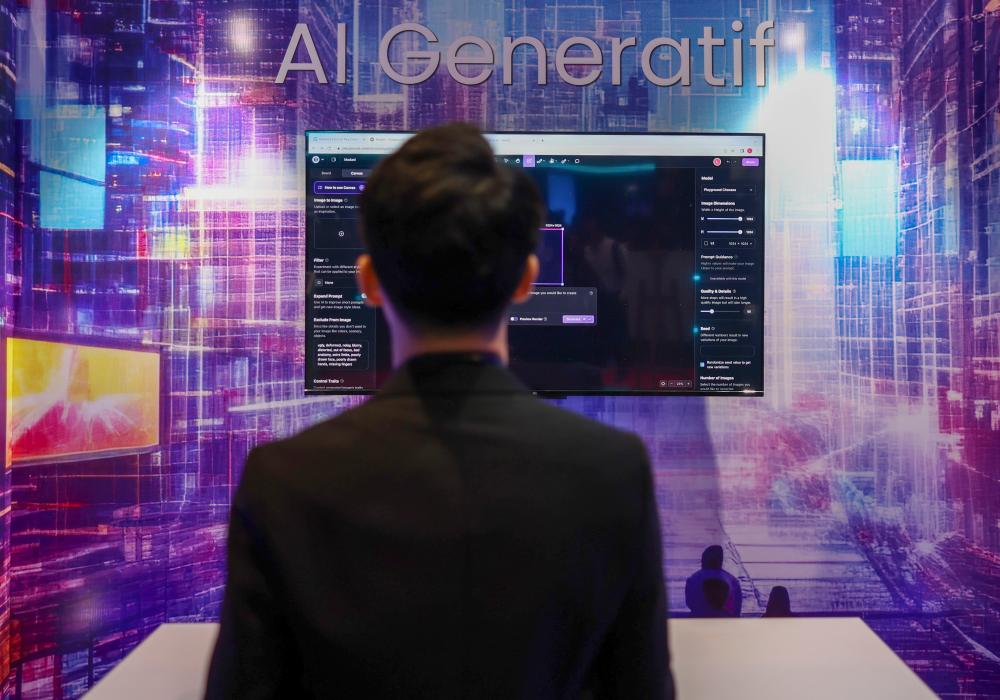PETALING JAYA: The Education Ministry’s plan to teach the basics of artificial intelligence (AI) in schools from 2027 is commendable, said Malaysian Muslim Teachers Association president Mohd Azizee Hasan.
“But it should be executed thoughtfully and effectively.”
He was commenting on Education Minister Fadhlina Sidek’s parliamentary written reply on March 21, where she committed to producing a skilled workforce equipped with AI knowledge and abilities to compete in the digital era’s global economy.
“While the transformation in the education system will help students adapt to the usage of digital technologies in today’s world, it should begin with resolving basic literacy skills such as reading, writing and counting (3M).”
The ministry had earlier said 435,838 school students nationwide have learning difficulties, with 280,985 being between Year One and Six pupils who have yet to master the 3M.
“Failure to promptly address this issue would impede the ministry’s efforts to integrate AI education in school syllabus, and undermine the effectiveness of its initiative,” Mohd Azizee said.
He said the integration of AI requires a comprehensive approach that includes a fundamental shift in thinking, and collaborative efforts to realise its full potential in enhancing teaching and learning experiences.
The ministry, he said, should proceed with caution and not drastically revolutionise the concept of AI in education as it may lead to additional problems and challenges.
“While it is a good initiative, there are potential challenges that may be encountered along the way.
“Students and teachers should begin adapting to AI from now.
This is particularly important for teachers, who must enhance their skills while still embracing traditional teaching methods,” he said.
Parent Action Group for Education Malaysia chairman Datin Noor Azimah Abdul Rahim said it is premature to introduce AI education at lower primary school level.
“The minister should not be in too much of a hurry to leave a legacy if the time is not yet right to introduce new knowledge.
“If introduced prematurely, we fear it may confuse the child especially if teachers lack competence in AI. The potential long-term impact could be disastrous.”
Noor Azimah said although parents may initially support the idea, they may raise concerns about the integration and execution of AI education if it is not executed well.
She said their concerns, if not addressed, could lead to a lack of trust in the teachers’ capabilities due to the perceived deficiency in their skills and competence in AI.
Primary school teacher Subatra Subramaniam, 46, initially was taken by surprise when the ministry announced the introduction of AI education.
However, she believes the move will serve as an excellent foundation to embrace the digital era.
“It is somewhat surprising to think that primary school pupils will be learning about AI, but I believe it can prepare them for future technological advancements. “
Another primary school teacher, Siti Sharah Ismail Yapi, 25, expressed concern that excessive reliance on AI could diminish critical thinking among pupils.
“It is crucial for pupils to maintain their critical thinking skills because if they rely heavily on AI for tasks that require cognitive efforts, there is a risk that their analytical abilities may dry up over time.”









